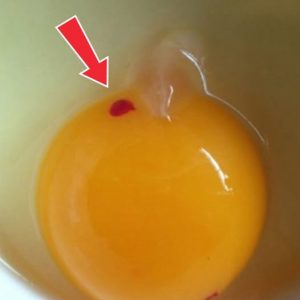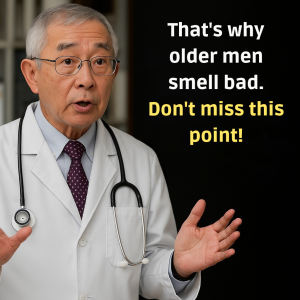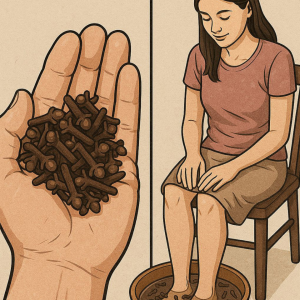
Ever felt a sudden sharp pain in your chest—like a stabbing or cramp—that stops you in your tracks for a few seconds? You struggle to breathe, panic sets in… and then, just as quickly, it’s gone. While this can be alarming, it’s often not related to heart trouble. In fact, this strange pain is more common—and less dangerous—than you might think.
What Is Precordialgia?

That scary chest pain actually has a name: precordialgia, also known as precordial catch syndrome or Huchard’s sign. Despite how technical it sounds, it refers to brief, sharp pain in the chest—usually around the heart area. It’s most often seen in children and teens, but adults can experience it too from time to time.
People often describe the feeling as a quick, stabbing pain that hits suddenly, whether you’re at rest, moving, breathing, or doing nothing at all.
A surprising cause… but reassuring!

The good news? It has nothing to do with the heart. The pain usually comes from irritation in the pleura, the thin layer covering your lungs. When it irritates certain nerves—especially near the diaphragm—it causes that sharp but harmless jolt. It may feel intense, but it’s not dangerous.
Why It Scares Parents So Much
It’s easy to panic when you see your child clutching their chest, gasping, and frozen in pain. But in most cases, it’s just precordialgia. A doctor can usually rule out more serious conditions with a quick checkup and some questions—no special tests needed.
What Should You Do When It Happens?

Most of the time, no treatment is needed. Here’s what can help:
- Take slow, deep breaths to ease tension.
- Try changing your posture—standing or lying down might relieve it.
- A gentle massage over the area may bring quick relief.
These episodes usually pass in under a minute and leave no lasting effects. And the more you know about it, the less scary it feels.
When Should You See a Doctor?
It’s a good idea to consult a doctor if:
- The pain occurs frequently.
- It’s accompanied by fever, cough, breathing trouble, fatigue, or other symptoms.
- You have any doubts at all.
Chest pain can also be linked to things like asthma, bronchitis, acid reflux, or stress. Better safe than sorry.
One Last Thing
Precordialgia tends to go away on its own with age. So while it can be unsettling, it’s usually harmless and temporary.




